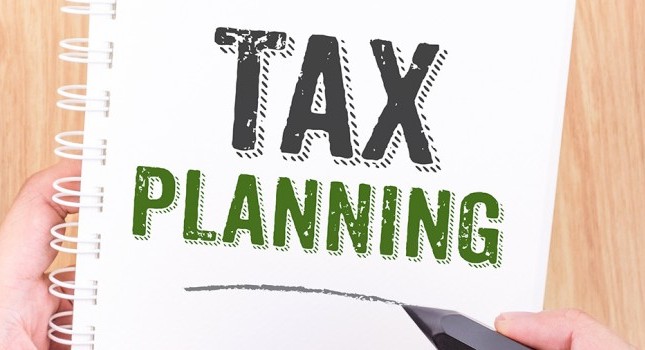Practical Tax Planning Advice to Start the Year

By Michael Friedman, CPA
Senior Manager, Marks Paneth’s Real Estate Group
2021 is here, but sadly so is COVID-19. Phrases like “normal” and “new normal” abound, and countless individuals and business owners enduring this challenging new reality are looking for assistance. As trusted advisors, we accountants lend a listening ear and try to provide answers where we can. Below are a few pieces of advice I have shared with clients recently.
Capital Gains
The stock market has witnessed unprecedented gains over the last few month, but as we know, selling these investments often triggers taxable income. The good news? The federal tax law offers favorable rates on long-term capital gains. Broadly defined, these long-term capital gains include profits from the sale of investments such as stocks, bonds and mutual funds with a holding period of more than one year. Single taxpayers with taxable income of up to $40,400 have a 0% tax rate on capital gains. ($80,800 for married filing jointly taxpayers.) Income from $40,401 till $445,850 is taxed at only 15%. ($501,600 for married filing jointly taxpayers.) These favorable rates allow you to divest from some of your investments without bearing the full brunt of the tax burden.
Not ready to sell off your investments just yet? Here is some planning advice for you.
Understand the Wash-Sale Rule
In an effort to prevent taxpayers from harvesting capital losses, congress instituted the wash-sale rule. A wash-sale occurs when a taxpayer sells a security at a loss and either buys back that security within 30 days or had purchased the security 30 days prior to the sale. The taxpayer is attempting to realize a loss in the year of sale but still maintain their investment position. So, the congress stepped in and delayed the recognition of loss until the additional shares are sold.
The good news? The wash-sale rule doesn’t apply in gain situations. Taxpayers are allowed to sell and then repurchase the same securities for the sole purpose of increasing their cost basis.
For example—ten shares of ABC Company were purchased on June 1, 2019, for $10 a share. On January 15, 2021, the shares are valued at $20. Selling all ten shares would trigger a gain of $100 (sales price $200 less the original cost of $100). A taxpayer with income below $40,400 ($80,800 if married filing jointly), would benefit from the 0% rate and pay no tax on those capital gains.
Even more so they can now repurchase those shares and benefit from an increased cost basis. Using the previous example, If the taxpayer decides to repurchase the shares in ABC Company on January 16, 2021 at $20 a share. Their “new” cost basis is $200. Assuming no increase in value and the shares are sold at a later date for $20 a share, there will be no tax impact to the taxpayer, regardless of the taxpayers’ income in the year of sale.
Don’t think that if you have no securities or investments you don’t get a break. We have something for you as well.
Capital Gains on Your Primary Residence
The media today is constantly reporting an exodus from our cities as many people move to the suburbs for more space and to try and stay healthy. If you own your home and have decided to sell for these reasons, or simply to take advantage of this very hot seller’s market, you’re in luck. The good news is that in many instances, the first $250,000 ($500,000 for married filing jointly) of gains on your primary residence isn’t taxable.
All of the above are just some of the practical tax planning considerations I have been discussing with clients recently. When it comes to tax planning, there are many variables, and some are beyond the scope of this article. Reach out to your trusted advisor for assistance with your tax planning needs.


